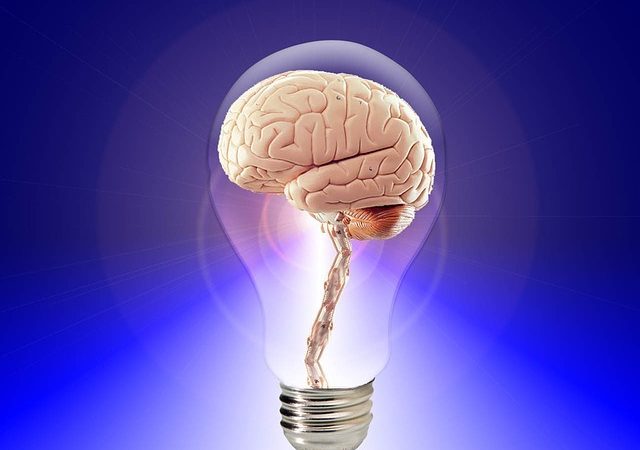File: Download
Author(s): George Mobus
Humanity faces what can only be called existential threats created by its own hands. We have cleverly built advanced cultures that use extreme amounts of energy to make life easy (at least for some) and that energy, for the last several hundred years, has come from carbon-based fossil fuels. Now we sit on the precipice of a calamity for ourselves and many other species as well.
Why?
If human beings are so clever, why have we not learned to moderate our activities, to consume only in proportion to what the Earth system can sustain in terms of resources and waste removal? We have gained the knowledge to understand what is happening and what we need to do. But we don’t do it in a timely way to avert devastation. What is wrong with us?
The answer to this question is surprising. Society is not wise in its choices – the collective decisions of humans – because individuals are not wise in theirs. And that is because wisdom, the tacit knowledge that develops in human minds through experiences, is lacking in the majority of humans. Most humans do not develop wisdom adequate to deal with the complexities of the modern world. As a result they make choices not based on rational long-range thinking about consequences or how those consequences interact systemically. They tend to look only at short-term gains in their own selfish wellbeing.
This book reports on investigations into the underlying causes of the lack of wisdom in average people. Sapience is the set of nascent mental competencies, situated in the human brain, that make us human. Sapience is the basis of higher-order consciousness experienced by humans. It is linked with the emergence of the language facility and our ability to work in symbols. It is the reason that we can think about future states of the world, especially those that may be different from the current and past states we have experienced. It is the product of a remarkable evolutionary process that produced hyper-social animals with sufficient cleverness to invent tools, languages, symbols, even art. We invented agriculture to help bring stability into our living world and reduce uncertainty in our access to resources. But, we had only just crossed the threshold to sapient thinking.
We need to evolve further.
Sapience is the product of brain structures and functions that set the human species, Homo sapiens, apart from the rest of the animal world. It represents a major leap forward in the evolution of the Universe. It contributed to tremendous boosts in our general intelligence and creativity. It provided the basis for morality and concerns for the wellbeing of others. But, even so, it was just a beginning. It does not go far enough in terms of providing individual minds with the ability to grasp the larger and deeper meanings of their choices and actions.
This book explores the nature and evolution of sapience as it is found in human beings today using systems science. It explores the psychological implications of having some capacity for developing wisdom in one’s life but not enough capacity to fully grasp the big picture of the human condition, and thus, make tragic errors in judgements. It attempts to answer the question of why we are in this predicament.
Read Professor Mobus’ full book by downloading the PDF, available at the top of this page.
The views and opinions expressed through the MAHB Website are those of the contributing authors and do not necessarily reflect an official position of the MAHB. The MAHB aims to share a range of perspectives and welcomes the discussions that they prompt.
